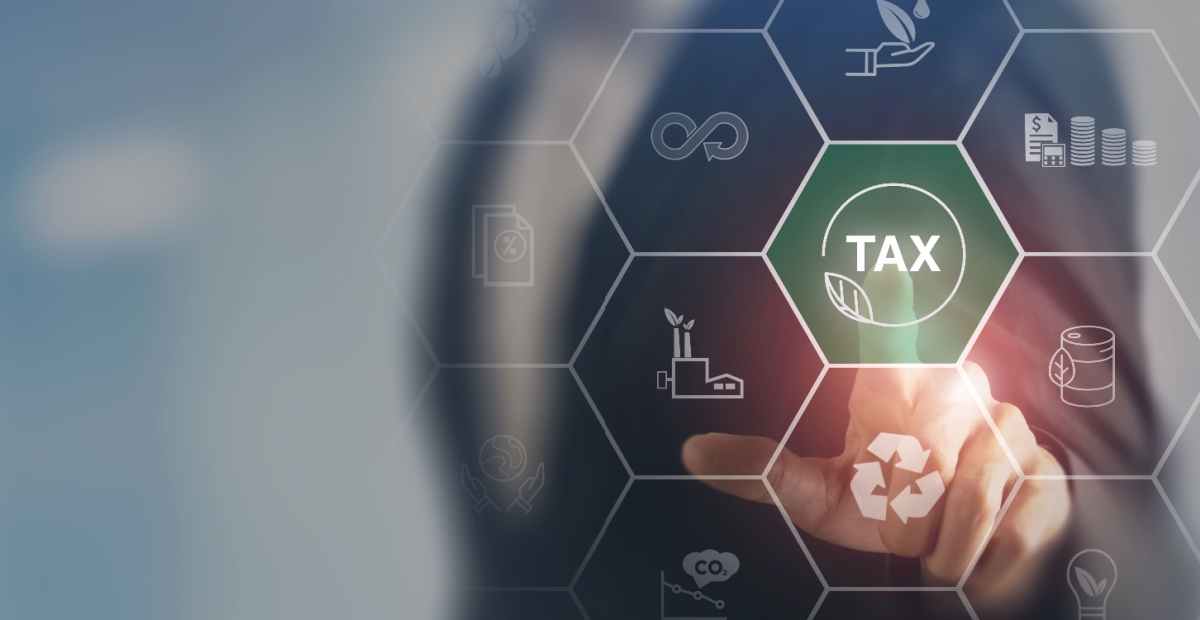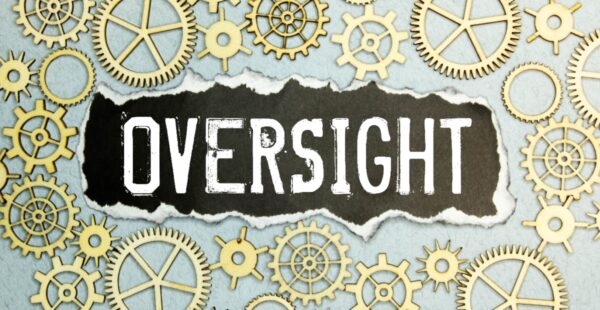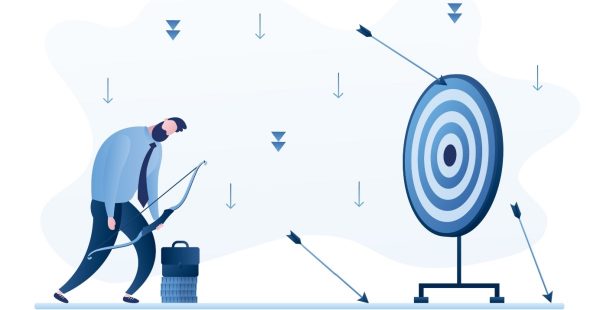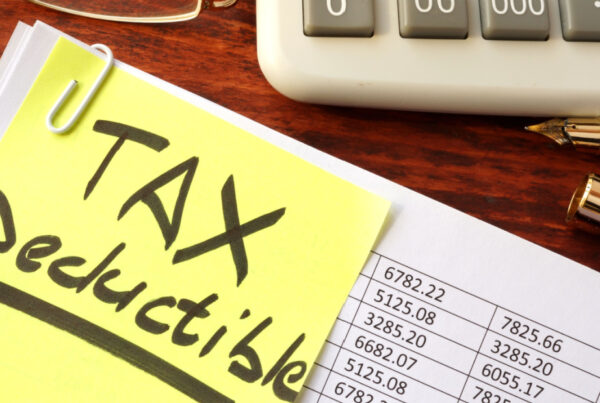Tax debt changes will inappropriately punish honest taxpayers

Making the Shortfall Interest Charge (SIC) and the General Interest Charge (GIC) on tax debts non-deductible will inappropriately increase compliance costs on honest taxpayers, according to key accounting and financial planning groups.
The groups which include Chartered Accountants ANZ, CPA Australia, the Financial Advice Association of Australia, the Institute of Public Accountants and the SMSF Association have urged against implementing legislation which will significantly increase the cost of tax debt to individuals and businesses.
In a joint submission filed with the Senate Economics Legislation Committee as part of its review of the Treasury Laws Amendment (Tax Incentives and Integrity) Bill 2024.
The accounting and planning groups have made clear that they believe that the elements of the legislation which make the SIC and GIC non-deductible, should be removed from the legislation.
In doing so, they acknowledged that the argument for “making SIC and GIC non-deductible is that it increases the cost of tax debt thus, encouraging the likelihood of tax being paid on time and/or increase incentives for all entities to correctly self-assess their tax liabilities”.
“With the tax debt book of the Australian Taxation Office (ATO) exceeding $100 billion and interest charges for 2024 of $8.99 billion, this seems like an appealing option to both reduce debt and increase revenue,” the joint associations said.
“However, it is unlikely that increasing the cost of SIC will impact an entity’s ability to correctly self-assess their tax liability and the current cost of GIC means that many taxpayers already have a strong incentive to pay tax on time,” the groups said.
“Making SIC and GIC non-deductible will inappropriately increase compliance costs of honest taxpayers. It will also disproportionally impact small businesses who owe $35.2B (or 67%) of collectable tax debt.
“There are already a wide range of targeted measures that the Australian Taxation Office can undertake to improve the collection of tax debt, and the latest annual report indicates that such measures are beginning to make an impact,” the joint groups said.
The submission also argues that the legislative proposals are actually inconsistent with the policy intent of the SIC and GIC which is to “neutralise the loan benefit that a taxpayer receives due to the late payment of tax”.
“It is meant to put a taxpayer who is late paying tax in the same position as a taxpayer who has paid tax on time,” it said.
“Making SIC and GIC non-deductible increases the impact of SIC and GIC beyond the neutralisation of the loan benefit. The extra amounts payable due to denial of a tax deduction could be viewed as a penalty which is imposed regardless of the culpability of the taxpayer.”











He “addressed regulatory through our simplification work”. This just shows how out of touch and clueless he is. We had…
Another failed bureaucrat blowing his own trumpet as $$Billions blow up from MIS fraud & failures, that ASIC were warned…
ISFs want to rename everything they don't like to tell the truth about: HIDDEN Sales Advice COMMISSIONs = Collective Charges…
I think these numbers are too low. Especially if you live in major cities. I try to ensure none of…
Are Interprac / Sequoia going to pay the 10’s of $$ millions in AFCA complaints ? Even after Macquarie &…